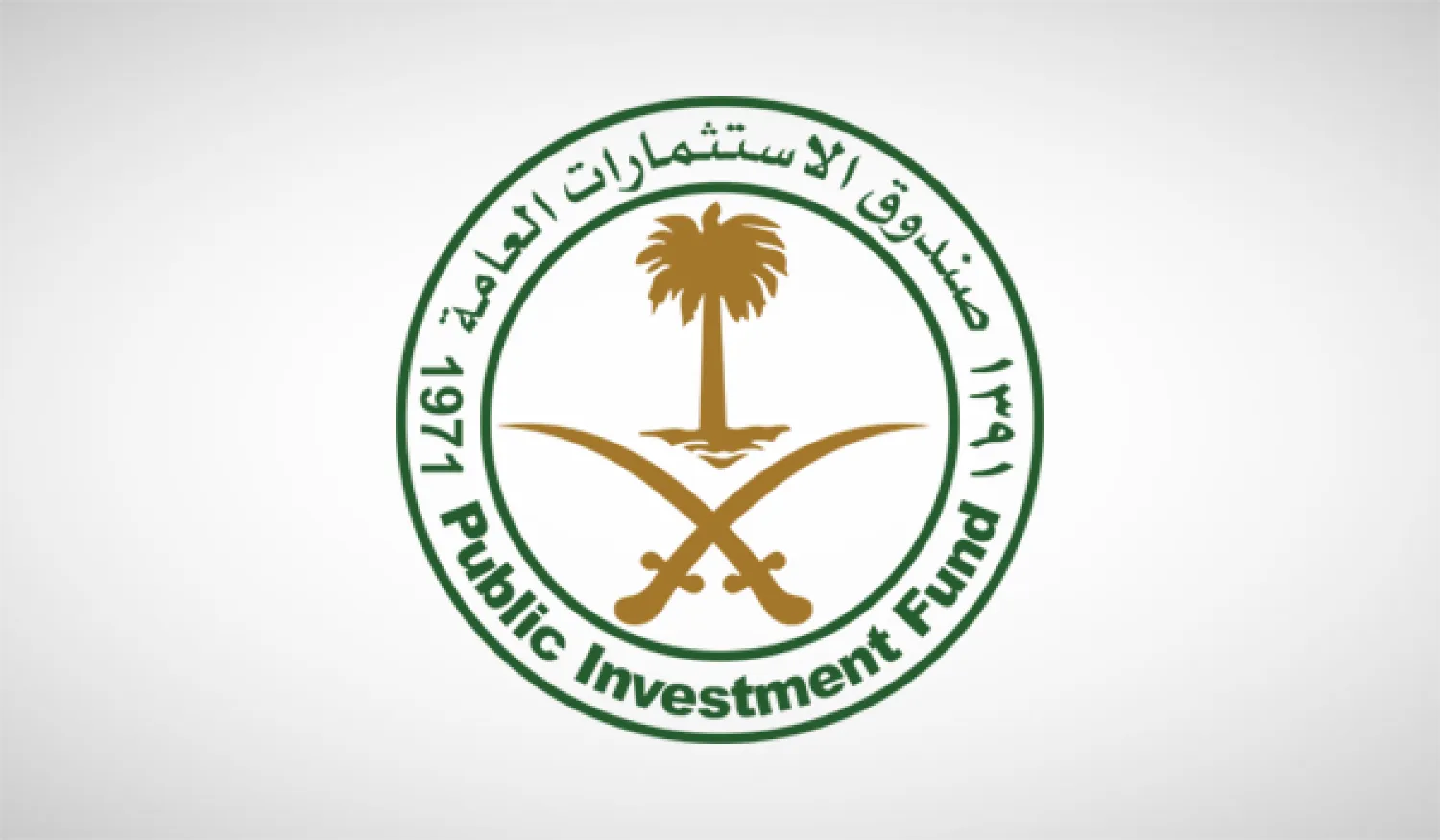Saudi Arabia’s Public Investment Fund (PIF) on Tuesday announced the launch of the National Security Services Company (SAFE) in a move that aims to further improve and develop the private security sector in the Kingdom through providing high-quality services.
The new security services company will focus on four main areas: security consulting services; integrated security solutions; training and development programs; and command and control centers.
Moreover, SAFE will integrate new technologies and empower cadres in the security services sector through advanced training programs to support personal and professional growth and provide new job opportunities for citizens in the market.
SAFE’s establishment is part of PIF’s Investment Strategy, to contribute to Vision 2030 by launching and developing new sectors, localizing cutting-edge technology and knowledge, and enabling the private sector.
Since 2016, PIF has created 10 new sectors, more than 30 new companies, and over 190,000 new jobs for the people of Saudi Arabia.
A few days ago, PIF announced a string of new appointments in its executive team under the framework of an expansion strategy to achieve its goals, as one of the main engines of the Kingdom’s economy.
In a statement, PIF said that the new appointments aim to support and bolster its ambitious strategy by enhancing the expertise of its executive team.
PIF GovernorYasir al-Rumayyan stated this month that the fund would invest 150 billion riyals (40 billion dollars) during the next two years (2021 and 2022), provided that these investments increase annually until 2030.
In other news, the Saudi Arabian Military Industries (SAMI) has acquired Advanced Electronics Company (AEC) as part of the largest military industries deal ever concluded in the Kingdom of Saudi Arabia.
The purchase is expected to complete in the first quarter of 2021 following regulatory approvals. As a result, AEC will become a 100% Saudi-owned company.









